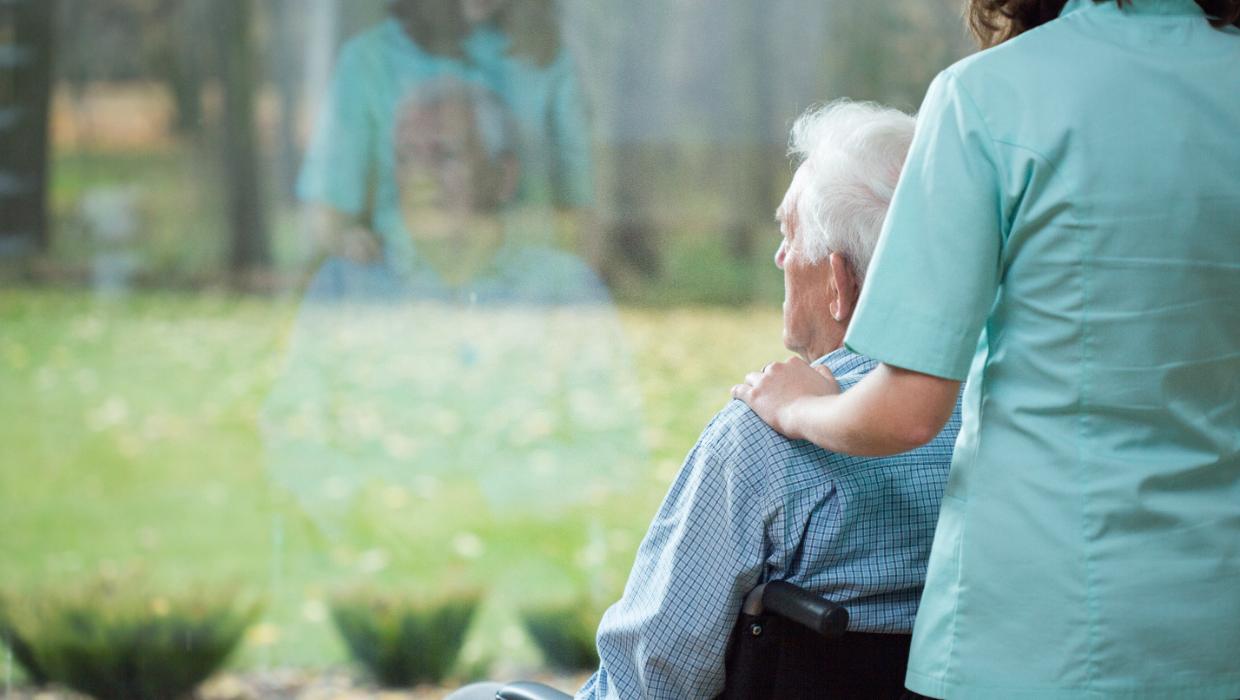Health
Aging Population Pressures Health and Housing Systems Worldwide

A recent report has highlighted the significant strain that the growing elderly population is placing on health and housing systems worldwide. According to the United Nations, the number of individuals aged 65 and older is projected to reach approximately 1.5 billion by 2050, which could exacerbate existing challenges in these sectors.
The report emphasizes that many countries are unprepared to meet the needs of this demographic shift. As the population ages, there is an urgent need for increased investment in both health care and affordable housing. The document reveals that many governments are currently facing a shortage of resources, which complicates their ability to provide adequate care and support.
The rising demand for health services is evident in various regions. For instance, health care facilities are experiencing unprecedented levels of patient intake, often leading to longer waiting times and reduced quality of care. This situation is especially critical in countries with high proportions of elderly citizens, such as Japan and Italy, where the aging population can represent more than 30% of the total population.
Housing is another area of concern. The report states that a lack of affordable housing options is leaving many elderly individuals vulnerable and at risk of homelessness. Without proper housing, the health of these individuals is likely to deteriorate, leading to increased health care costs and a greater burden on public services.
Governments are urged to take proactive measures to address these challenges. The report recommends policies that focus on integrating health care services with housing solutions. By creating supportive environments that cater to the elderly, nations can mitigate the impending crisis and improve overall living conditions for this vulnerable group.
In addition, the report calls for partnerships between the public and private sectors to develop innovative housing solutions. This collaboration could lead to the establishment of more senior-friendly living arrangements, including community-based facilities that provide both health care and accommodation.
As the global landscape shifts, the need for a coordinated response becomes increasingly critical. The United Nations report serves as a call to action for policymakers to prioritize the health and housing needs of the elderly population. Failure to act may result in dire consequences for millions of individuals who rely on these essential services.
In conclusion, the looming care and housing crisis poses a significant threat to the well-being of the aging population. Without immediate and effective interventions, the pressure on health and housing systems will likely escalate, making it crucial for governments to implement comprehensive strategies to support their elderly citizens.
-

 World4 months ago
World4 months agoTest Your Knowledge: Take the Herald’s Afternoon Quiz Today
-

 Sports4 months ago
Sports4 months agoPM Faces Backlash from Fans During Netball Trophy Ceremony
-

 Lifestyle4 months ago
Lifestyle4 months agoDunedin Designers Win Top Award at Hokonui Fashion Event
-

 Entertainment4 months ago
Entertainment4 months agoExperience the Excitement of ‘Chief of War’ in Oʻahu
-

 Sports4 months ago
Sports4 months agoLiam Lawson Launches New Era for Racing Bulls with Strong Start
-

 World5 months ago
World5 months agoCoalition Forms to Preserve Māori Wards in Hawke’s Bay
-

 Health4 months ago
Health4 months agoWalking Faster Offers Major Health Benefits for Older Adults
-

 Lifestyle4 months ago
Lifestyle4 months agoDisney Fan Reveals Dress Code Tips for Park Visitors
-

 Politics4 months ago
Politics4 months agoScots Rally with Humor and Music to Protest Trump’s Visit
-

 Top Stories5 months ago
Top Stories5 months agoUK and India Finalize Trade Deal to Boost Economic Ties
-

 Health2 months ago
Health2 months agoRadio Host Jay-Jay Feeney’s Partner Secures Visa to Stay in NZ
-

 World5 months ago
World5 months agoHuntly Begins Water Pipe Flushing to Resolve Brown Water Issue









